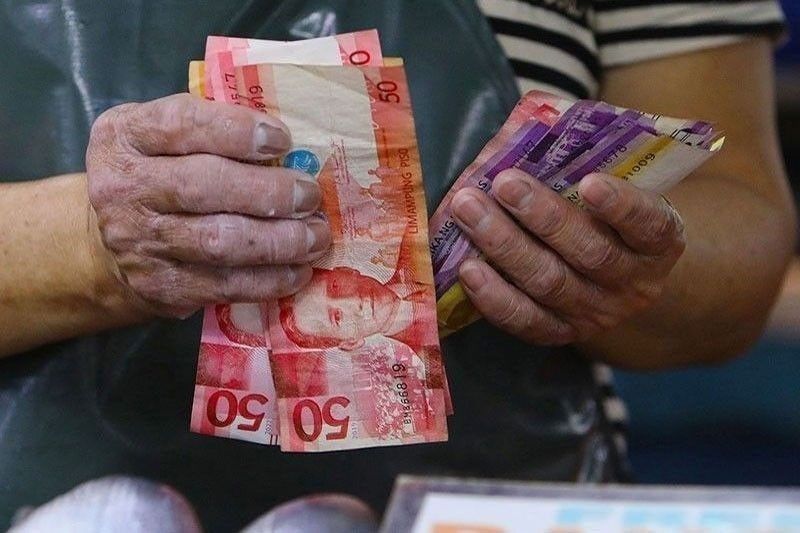
Upgrade to High-Speed Internet for only ₱1499/month!
Enjoy up to 100 Mbps fiber broadband, perfect for browsing, streaming, and gaming.
Visit Suniway.ph to learn
A Commission on Elections officer checks documents for ballot boxes containing Certificates of Canvass from overseas absentee voting posts during canvassing at the PICC in Pasay City yesterday.
The STAR / Geremy Pintolo
MANILA, Philippines — Some overseas Filipino workers and members of the political party PDP-Laban, aligned with former President Rodrigo Duterte, have asked the Supreme Court to stop the use of online remote voting with digital ballots for overseas voters in the May 2025 elections.
In a 122-page petition filed on Thursday, April 3, the petitioners are seeking a temporary restraining order to stop the Commission on Elections (Comelec) from implementing:
- Resolution 11061
- Resolution 11076
- Resolution 11079
- Resolution 11081
These resolutions outline procedures for online voting, automated ballot counting, and transmission of election results.
The petition argues that these resolutions violate Sections 7 and 31 of the Election Automation Law (Republic Act 9369), as well as Section 210 of the Omnibus Election Code which states that the ballots will be read one-by-one.
Section 7 outlines the minimum system capabilities required for an automated election system, which the petitioners believe the current system fails to meet.
Meanwhile, Section 31 pertains to the manner of counting votes, with petitioners asserting that it demonstrates the legislative intent to maintain traditional manual vote counting, despite automation being applied to other aspects of the electoral process, such as voter registration and recording.
While the provision does not explicitly mandate manual counting, it requires that election staff, including the poll clerk and watchers, be positioned to clearly view the ballots, election returns and tally board during the counting process.
Accusing the Commission on Elections (Comelec) of “grave abuse of discretion,” the petition seeks to nullify the four resolutions, arguing that they violate the Overseas Voting Act of 2013, one of the resolutions' cited bases.
The petition further cites violations of Sections 23, 24, 25, and 27 of the law, which outline the procedures for voting, ballot casting and submission, and on-site counting and canvassing.
“After all, traditional manual counting or the actual reading of ballot votes is not a mere procedural formality. It is a vote verification mechanism in itself,” the petition read.
The petitioners argue that poll watchers are fully capable of verifying votes and monitoring the tally at the precinct level. They should be able to challenge any irregularities observed before the election returns are transmitted for canvassing.
Online voting and counting will take place in 77 of the 90 Philippine consular posts overseas, while 16 will use automated counting machines, Comelec said. As of April 2, around 19,000 voters have pre-enrolled for online voting, according to the poll body.
The petition specifically seeks a prohibition to stop a government agency or official from carrying out an allegedly unlawful act and mandamus to compel them to fulfill a duty they have allegedly neglected or refused to perform.
The petitioners include lawyers Israelito Torreon, Alfonso Cusi, Raul Lambino, Jimmy Bondoc, Vic Rodriguez and Glenn Chong, along with OFWs Anthony and Carla Desquitado, Clarish Apura, Joanna Vapor, Ann Garrote and Maria Mabini.
Overseas online voting will run from April 13 to May 12, closing at 7 p.m. on the final day. In the 2022 elections, overseas voter turnout was 38%.

 2 months ago
16
2 months ago
16



